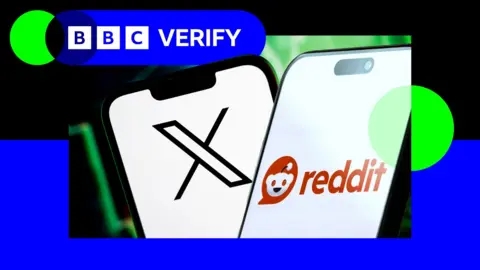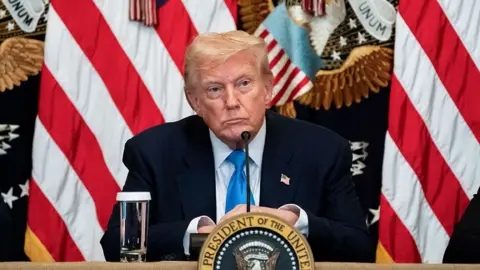Social media platforms have begun restricting a wide array of content—including posts about the conflicts in Ukraine and Gaza—in an effort to comply with the UK’s newly enforced Online Safety Act. The law, which took effect recently, mandates that companies shield minors from harmful material such as pornography, self-harm promotion, and violent content. Failure to comply could result in hefty fines or even service suspensions in the UK.
However, critics argue that the broad application of these rules is inadvertently censoring legitimate discussions. Age verification checks now block access to war footage, parliamentary debates, and even historical artwork, raising concerns about the suppression of public interest content.
War Coverage Caught in the Crossfire
Posts documenting the devastation in Gaza and Ukraine have been flagged, requiring users to verify their age before viewing. One example includes a video of a man searching for his family in the rubble—though no graphic imagery was shown, the post was initially restricted. Similarly, footage of a downed drone in Ukraine was also hidden behind age checks, despite no casualties being depicted.
Parliamentary Debates and Art Also Affected
Even political discourse has not been spared. A speech by a Conservative MP detailing the harrowing accounts of grooming gang victims was freely available on official parliamentary channels but blocked on social media for unverified users. Meanwhile, a 19th-century painting by Francisco de Goya, Saturn Devouring His Son, was restricted despite its historical and artistic significance.
Tech Companies in a Bind
Experts suggest that platforms like X (formerly Twitter) and Reddit may be over-enforcing the rules to avoid penalties, which can reach up to £18 million or 10% of global revenue. Some speculate this could be a deliberate tactic to undermine the law, given the vocal opposition from figures like Elon Musk, who has criticized the act as “suppression of the people.”
Balancing Safety and Free Speech
While the law has successfully limited some harmful content—such as explicit material—its broad reach risks stifling essential discussions. Academics warn that without well-resourced moderation teams, platforms may struggle to distinguish between harmful and legitimate content.
As enforcement continues, the debate over digital safety versus freedom of expression shows no sign of easing. The coming months will reveal whether companies refine their approach—or if the law’s unintended consequences further erode public discourse.









